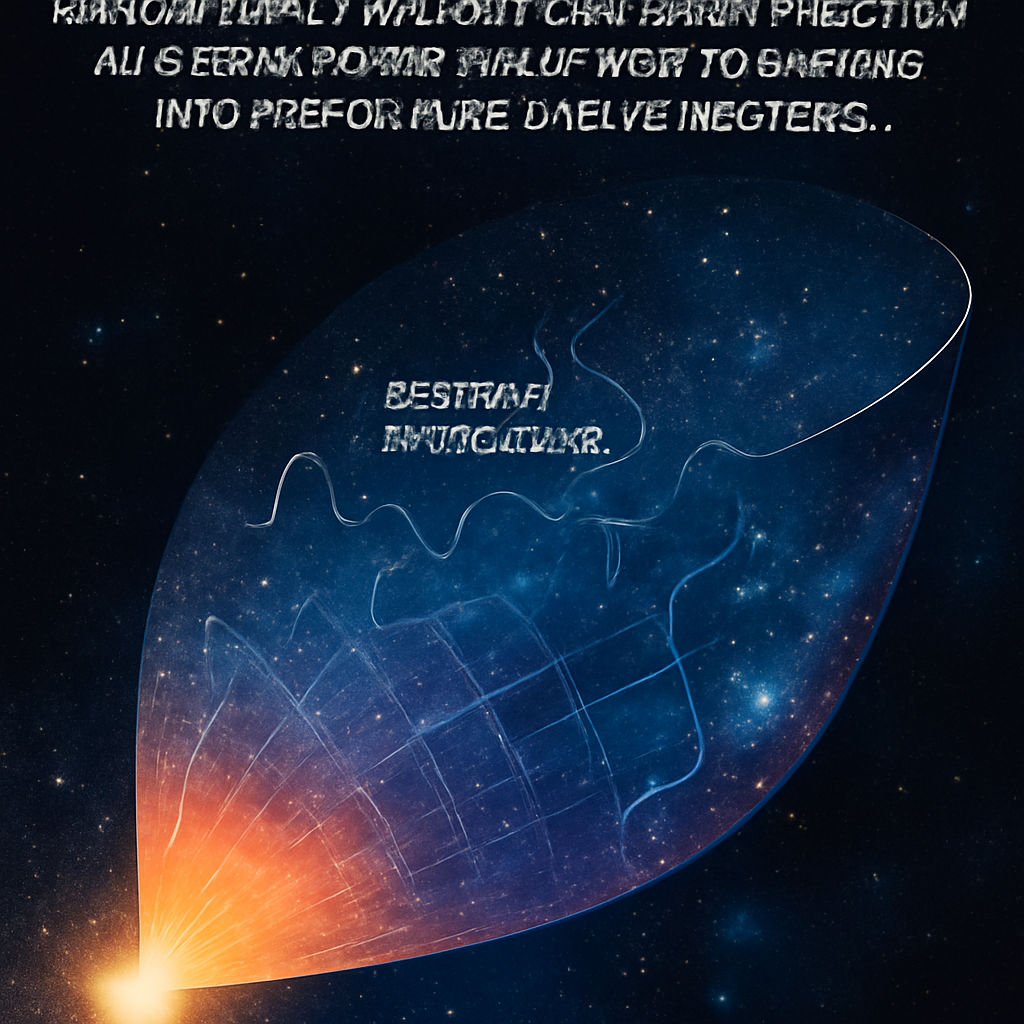Location
Mount Vernon, WA 98274
Location
Mount Vernon, WA 98274

The universe is a grand stage where cosmic fluctuations play a pivotal role in shaping reality. Recent explorations into the phenomena of quantum fluctuations and cosmic inflation provide us with insights into the universe's birth and its ongoing evolution.
The universe, with its vast expanse and intricate design, continues to captivate the minds of scientists and curious souls alike. Central to understanding the cosmos is the concept of cosmic fluctuations-tiny irregularities in energy density that may have set the stage for the formation of galaxies, stars, and ultimately, life as we know it.
In the aftermath of the Big Bang, a rapid expansion known as inflation occurred, stretching the fabric of space-time and giving rise to the universe we inhabit today. During this critical period, quantum fluctuations emerged, influencing the distribution of matter and energy. These fluctuations, although minuscule, acted like seeds scattered across a cosmic field, leading to the gravitational clumping that formed galaxies.
Recent research highlights the importance of these fluctuations in understanding the universe’s evolution. For instance, scientists at the European Space Agency’s Planck satellite mission have provided detailed measurements of the cosmic microwave background radiation-relic radiation from the Big Bang. The data reveals a uniformity in the early universe but also hints at the slight variations that would lead to the complex structures we observe today.
Moreover, the interplay between dark matter and ordinary matter is crucial. Dark matter, which constitutes about 27% of the universe, does not emit, absorb, or reflect light, making it invisible to traditional observational methods. However, its gravitational effects are evident in the way galaxies form and interact. By studying the gravitational lensing of distant galaxies, astronomers can infer the presence of dark matter and its influence on cosmic architecture.
As we delve deeper into the mysteries of the universe, the role of cosmic inflation and quantum fluctuations becomes increasingly clear. They offer a framework for understanding not just the origins of galaxies, but also the fundamental principles governing the cosmos. The concept of a multiverse, where our universe is just one of many, emerges from these discussions, challenging our perceptions of reality and existence.
In conclusion, the study of cosmic origins is not merely an academic pursuit; it invites us to ponder our place in the universe. As we uncover the patterns and structures that define our existence, we gain insights into the intricate dance of creation that continues to unfold. This journey into the depths of cosmic understanding is a testament to human curiosity and the relentless quest for knowledge.